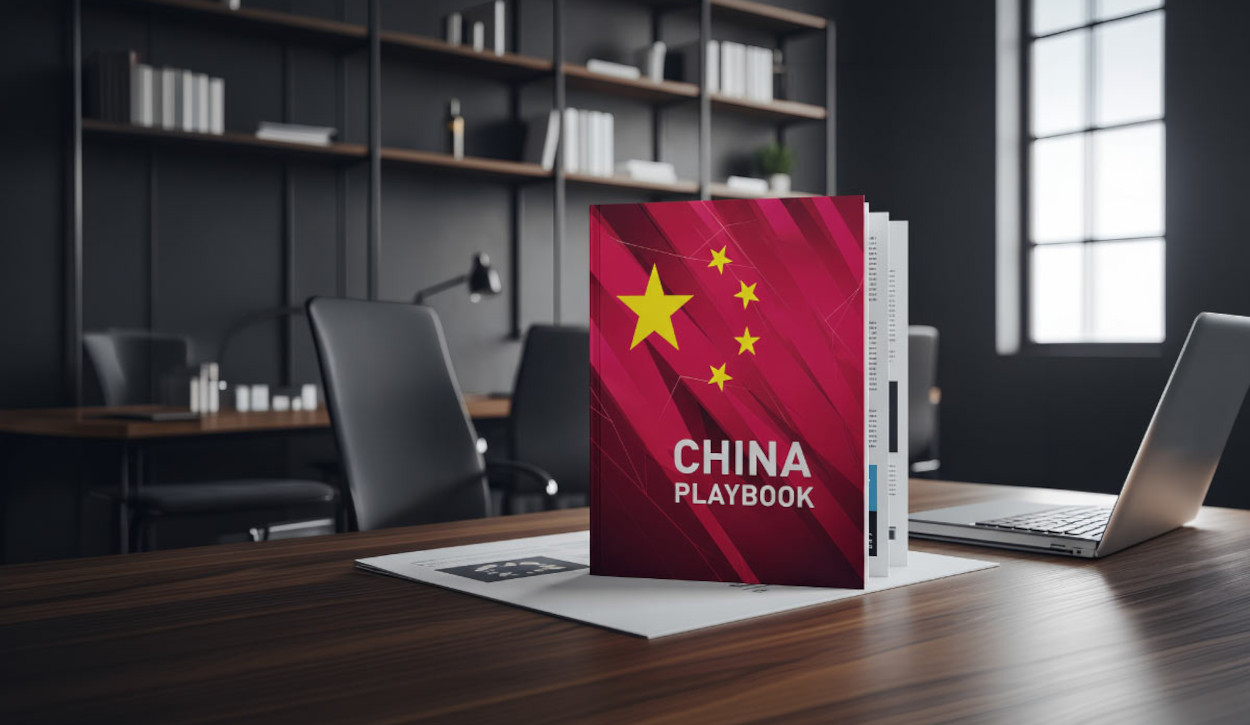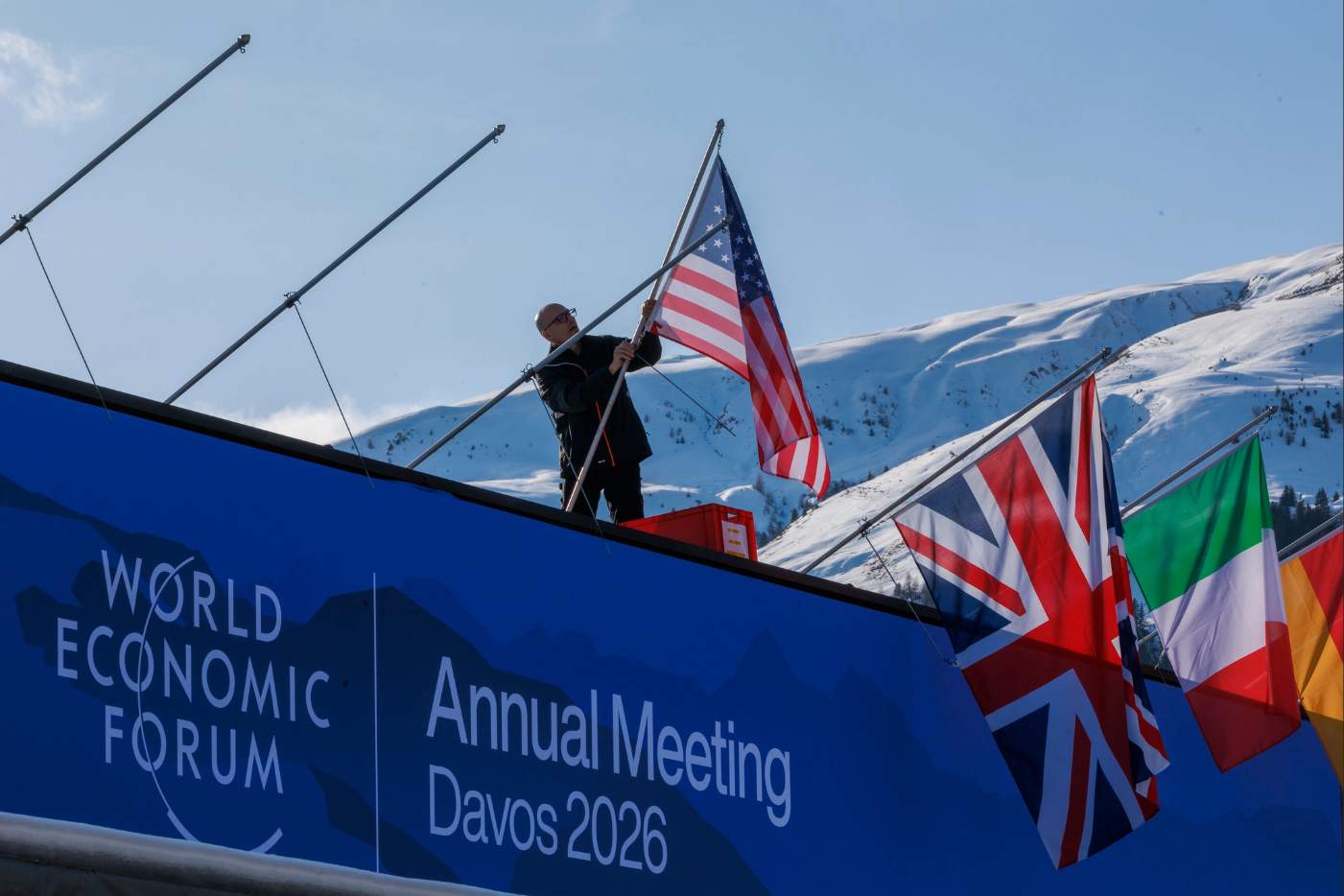Three scenarios for what comes next
The global trade system hasn’t collapsed, but it’s wobbling. Three paths lie ahead, each with distinct business implications:
1 – Managed multilateral drift
Tensions persist, but the system muddles through. The US continues to violate WTO norms, while others respond with discipline. Regional and bilateral deals proliferate.
Business impact: More red tape, but also more opportunity, especially outside the US. Firms that stay flexible and agile in diverse regulatory environments will benefit.
2 – Fighting trade blocs
This is where geopolitics trumps economics. The world splits into three blocs: a US-led camp (with reluctant followers like Canada and Mexico), a China-led bloc, and an EU-led one. Trade barriers go up between them.
Business impact: Strategic alignment becomes existential. Firms may have to duplicate operations, firewall IP, and localize value chains to continue operating across blocs.
3 – Reglobalization without America
In the most hopeful scenario, the rest of the world pushes forward. “Leadership herds” of like-minded nations form new coalitions, advance digital and green trade rules, and revitalize WTO frameworks, without US participation.
Business impact: Investment, innovation, and partnerships shift to economies still committed to openness. US exposure becomes a risk to hedge, not a market to scale.
The future is uncertain but standing still isn’t an option. Here’s what business and policy leaders should prioritize.
- Plan for turbulence: Don’t wait for tariff lists to be final. Model scenarios, diversify suppliers, and stress-test your global operations now.
- Stick to the rules: WTO-consistent responses keep the guardrails up. The more firms and governments that follow the rules, the harder they are to dismantle.
- Push back wisely: Counterpressure is sometimes necessary, but don’t mirror the chaos. Strategic responses should protect the system, not deepen its breakdown.
- Keep the door open: A post-hack US may seek re-entry. Firms and allies should preserve relationships, not burn bridges.
- Lead the renewal: Trade rules must evolve. The private sector has a critical role in shaping frameworks for AI, digital flows, climate, and services.







